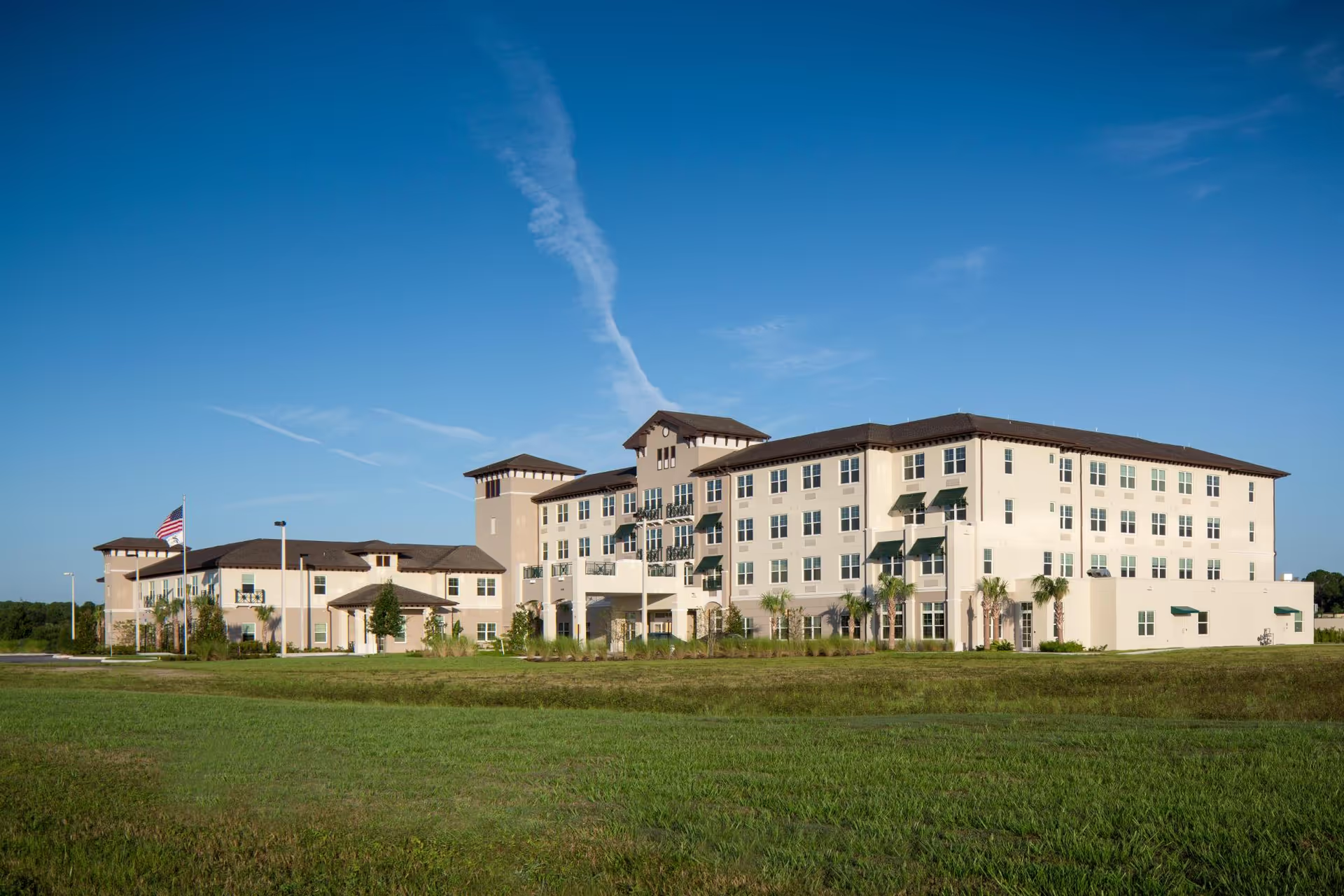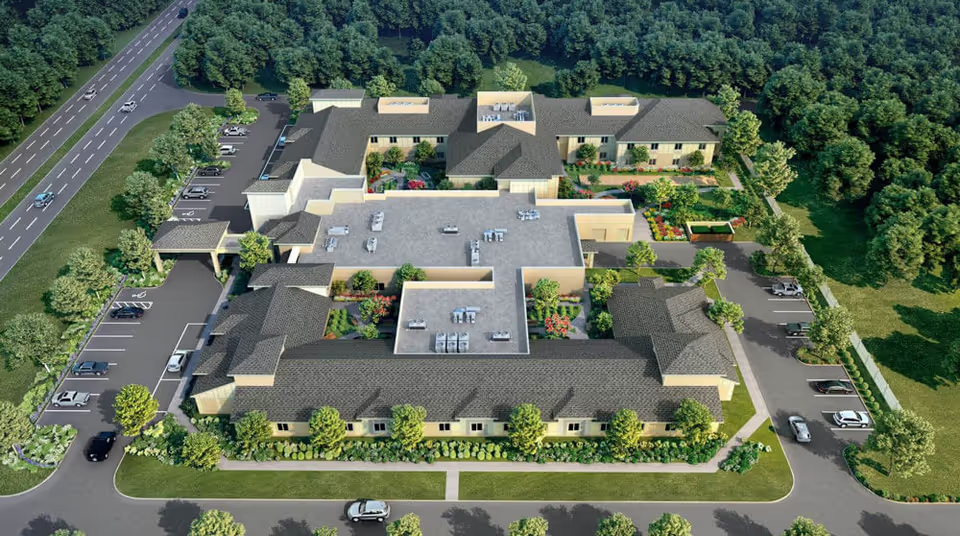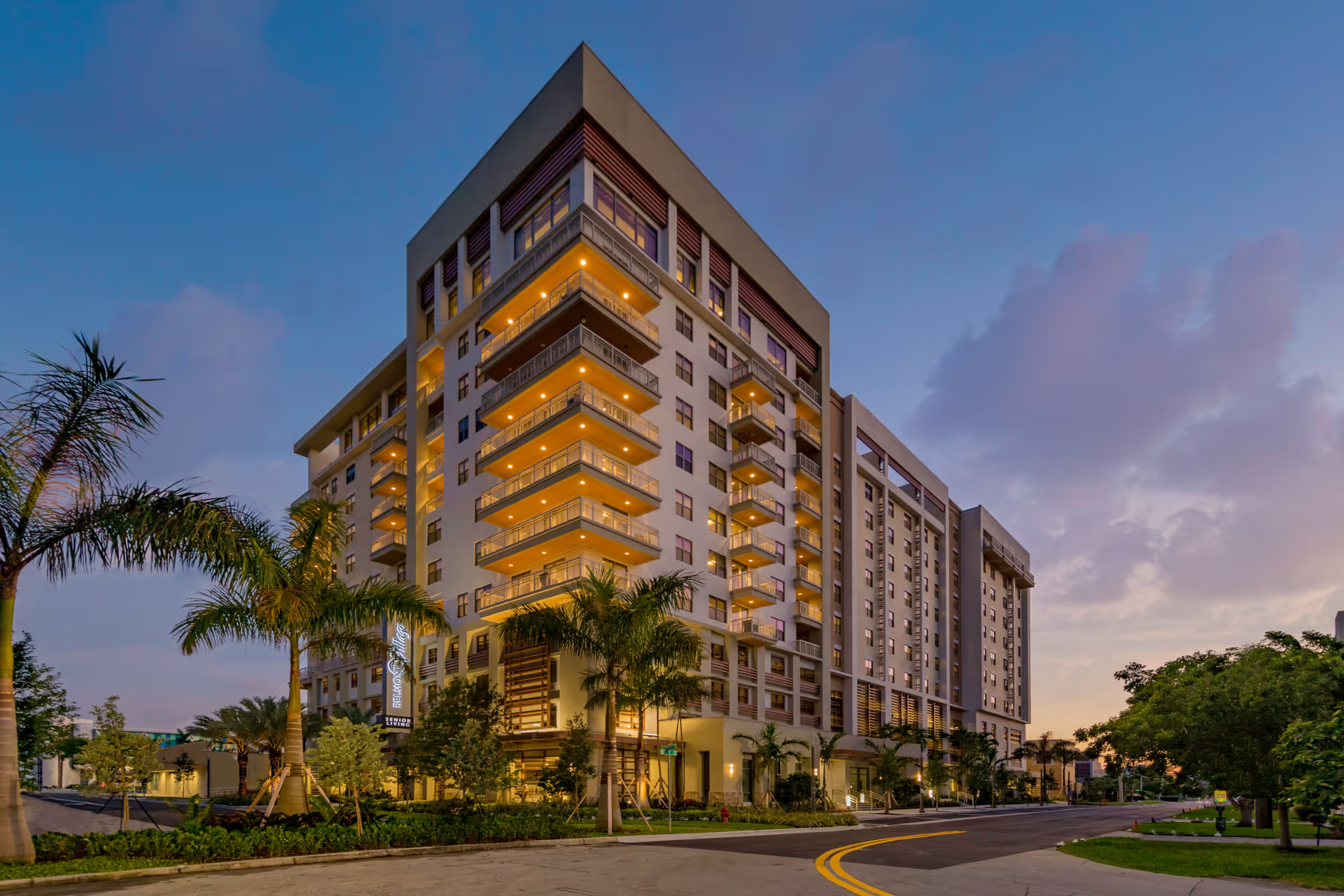Overall sentiment across these reviews is highly mixed but leans toward serious concern in multiple areas. Many families report that some clinical services — particularly physical therapy and specialized services like swallowing therapy — are strengths of the facility. Several reviewers explicitly praised the physical therapy department and noted measurable improvement in function after rehab, describing a spa-like or pampering rehabilitation approach. For some residents, especially those with Alzheimer’s or dementia, families appreciated trained staff, regular communication, and thoughtful care.
However, a large and recurring set of complaints focuses on inconsistent staffing and operational disorganization. Reviewers describe frequent understaffing, large variation in staff competence and attitude ("some are great, some are awful"), slow or ignored call light responses, and nurses or CNAs failing to relay messages. These staffing and communication failures translate into concrete safety and care problems: residents allegedly left unattended while repeatedly calling for help, missed meals or trays, lack of timely bathing and hygiene (including reports of residents not receiving showers), medication timing issues (meds given late), and serious lapses in clinical management such as missed glucose testing, missed insulin doses for diabetics, unaddressed wounds, and delayed or absent respiratory care. Multiple reports link these failures to adverse outcomes including dehydration and hospital readmission.
Infection control and cleanliness are major, repeated concerns. Several reviewers reported poor COVID protocols, lack of PPE, and subsequent COVID infections among residents; others described exposure to C. diff from a roommate and failure to properly isolate infectious patients. Complaints about the physical environment include extremely dirty conditions in some reports (spiders on floors, broken beds), persistent alarms and maintenance problems, towels/washcloths only available upon request, and inconsistent housekeeping. That said, a minority of reviewers found the facility cleaner than alternatives and praised specific areas.
Dining and laundry are another area of mixed feedback. A number of families praised the outsourced food service and said meals were good and staff considerate. Conversely, an approximately equal number described the food as very poor or "disgusting," lacking fresh or healthy options, and reported missed or inappropriate trays (for example an NPO patient receiving a dinner tray). Laundry issues — lost clothing and delayed returns — were repeatedly mentioned as a common frustration.
Administrative, billing, and communication problems are prominent and severe in many accounts. Several reviewers reported confusing or misleading information about Medicare coverage, unexpected daily copays after the 20-day Medicare period, late or surprise invoices (one cited a $2,800 surprise bill), and rude billing staff. There are also reports of abrupt discharge after Medicare termination and poor coordination between the facility and Medicaid representatives. Families frequently noted that phones go unanswered, calls are hung up on, and messages are not relayed, compounding stress when clinical or billing issues arise.
A clear pattern is the facility’s inconsistent performance: some residents receive excellent, attentive care and benefit from strong therapy services and compassionate staff, while others experience neglect, safety risks, infection exposure, and administrative or billing nightmares. Cost is a notable concern — one reviewer cited roughly $350/day — and many families questioned the value given the risk of missed care and surprise financial charges. Taken together, the reviews suggest that quality may depend heavily on timing, individual staff on duty, and specific units within the facility. Prospective residents and families should verify current infection-control policies, staffing levels, billing practices (particularly Medicare/Medicaid interactions and post-20-day copays), and the facility’s procedures for clinical monitoring (diabetes care, wound care, respiratory needs) before admission. If choosing this facility, families may want to maintain close oversight in the early days (and document interactions) to confirm responsiveness, safe medication and meal practices, and clear communication from administration and billing.







